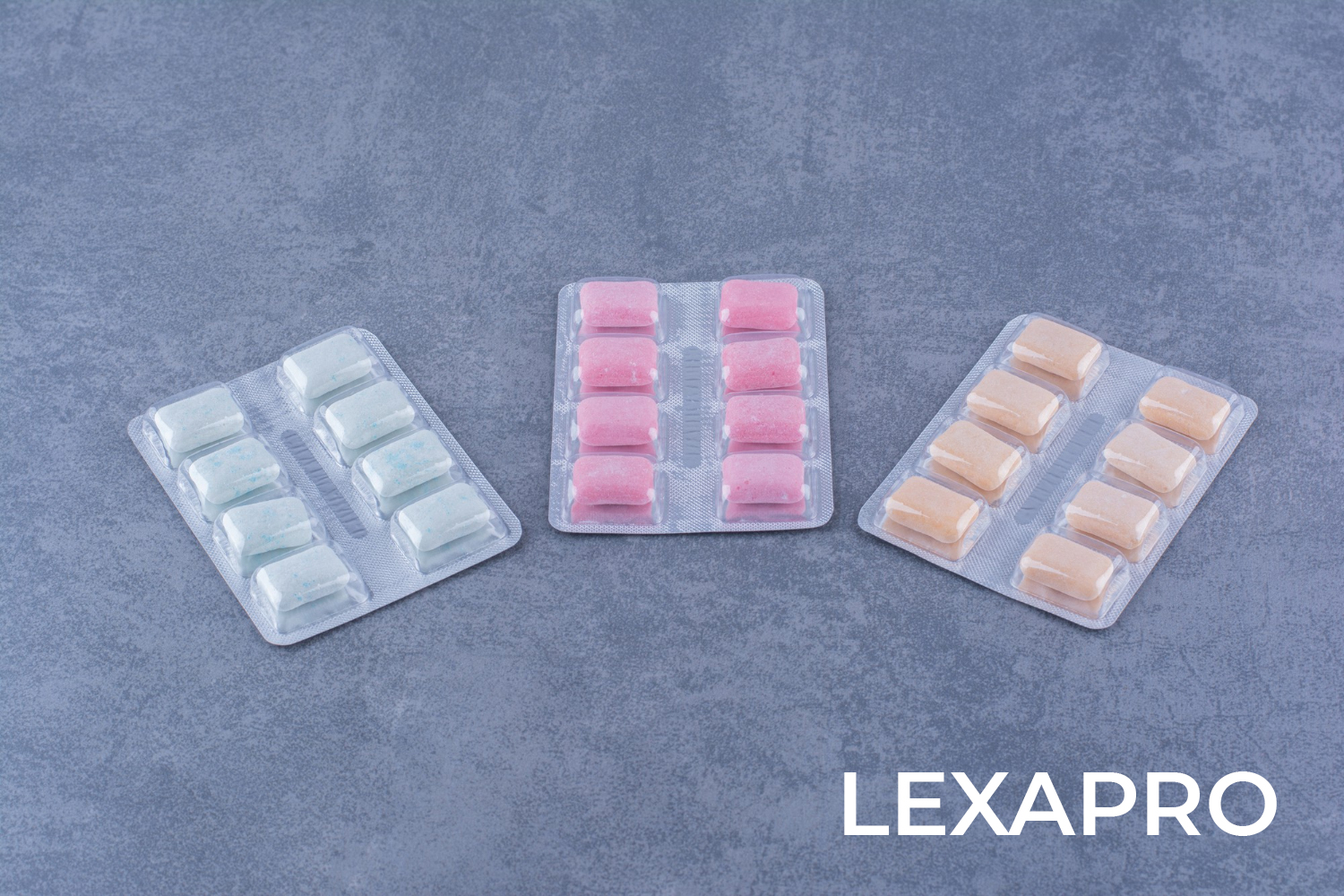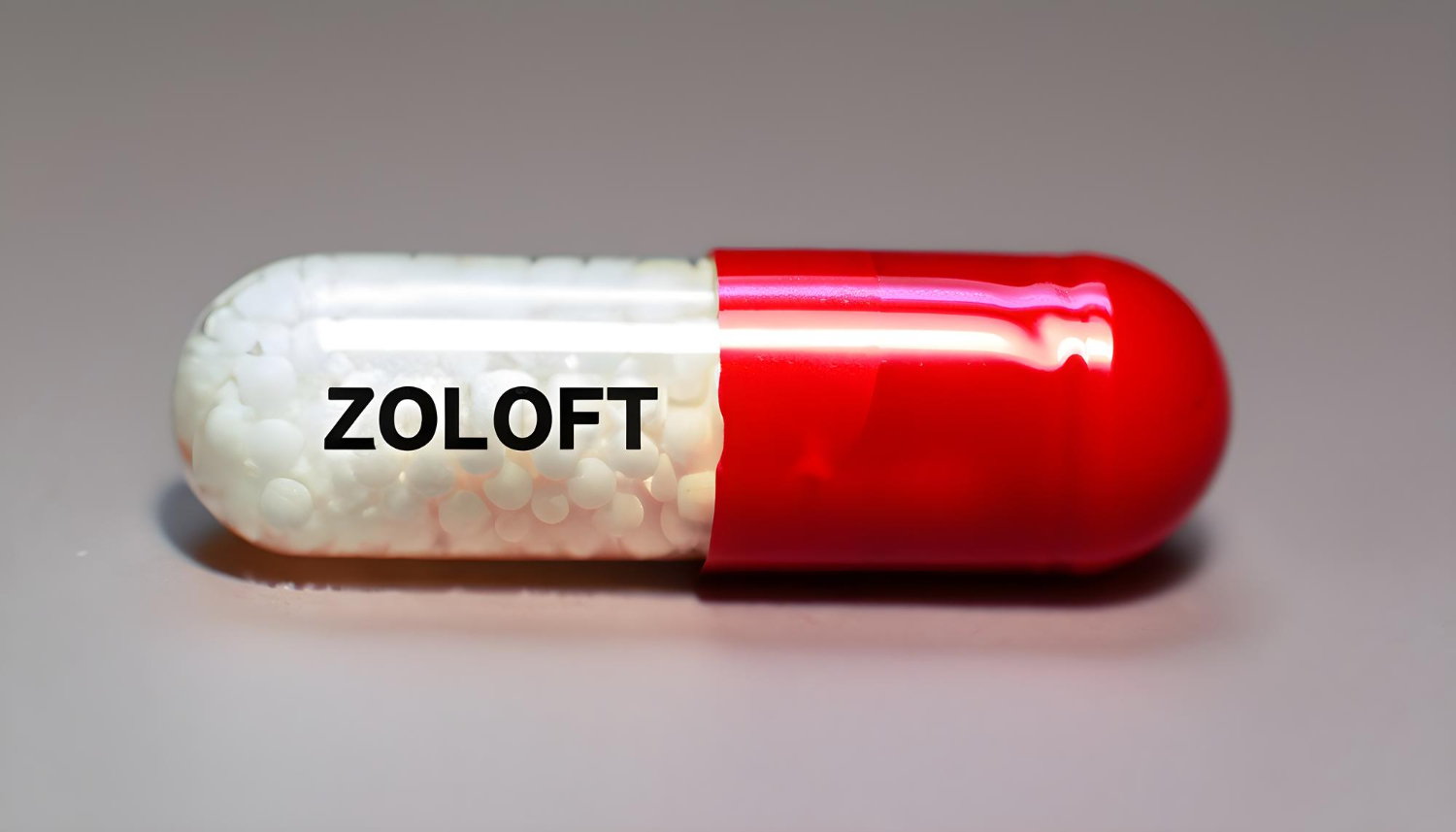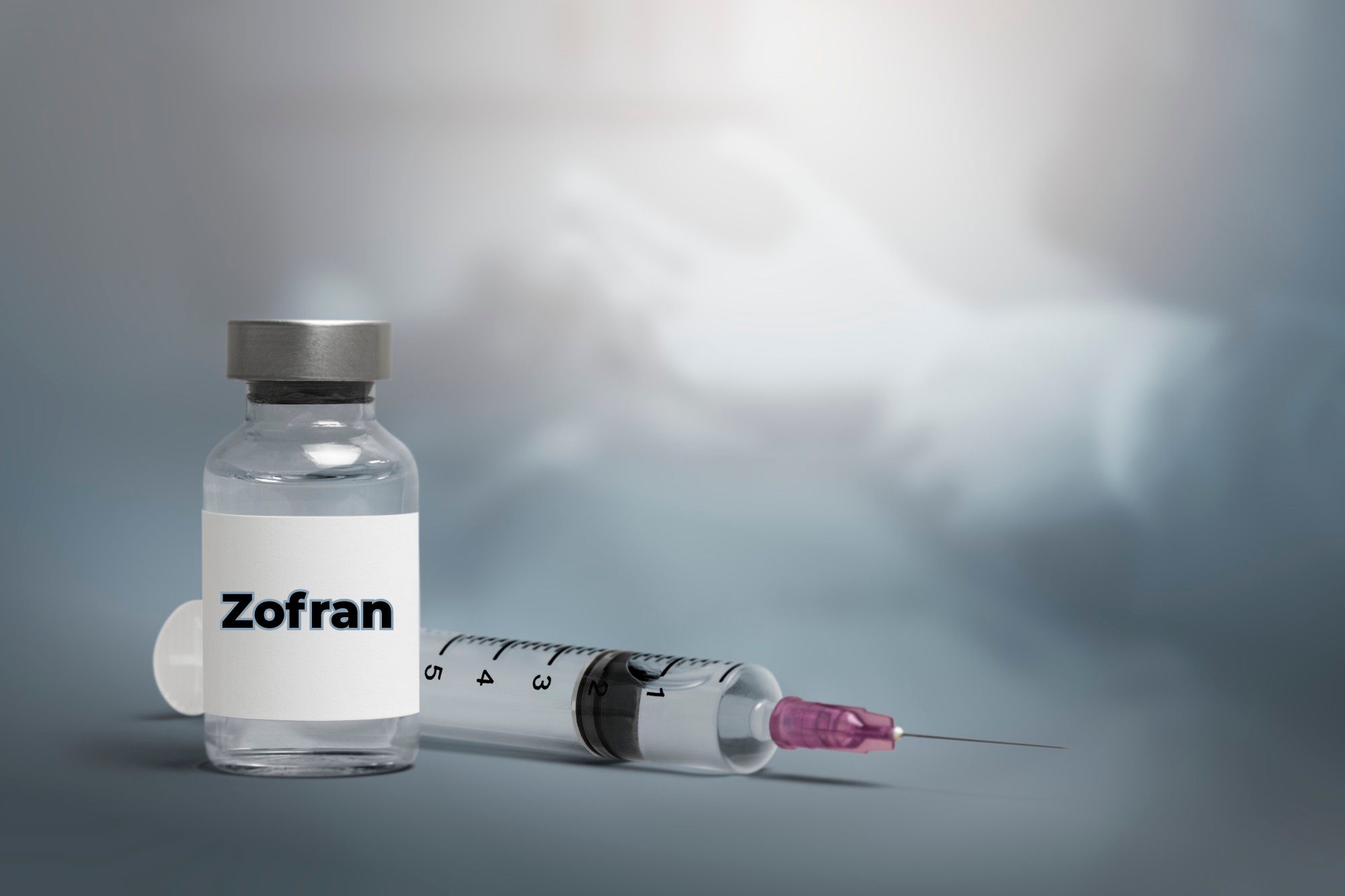SSRI is indicated in the treatment of major depression, anxiety disorder, panic disorder, social anxiety disorder, social phobia, bulimia nervosa, obsessive-compulsive disorder, personality disorder, premenstrual disorder, and posttraumatic panic disorders. Off-label use of SSRI is a migraine, diabetic neuropathy, neurocardiogenic syncope, and fibromyalgia.
The main indicator of SSRIs is a major depressive disorder; however, they are often assigned to anxiety disorders, such as social anxiety disorder, bipolar disorder, obsessive-compulsive disorder (OCD), eating disorders, chronic pain, and, in some cases, due to post-traumatic stress disorder (PTSD). They are also used to treat a person's dysfunction, although there are various side effects.
Anti-depressants are recommended by the UK National Institute for Health and Care Excellence (NICE) as a first-line treatment for major depression and treatment for mild to moderate depression that goes on after a series of steps such as psychotherapy. They recommend its regular use for those with chronic health problems and mild depression. There has been controversy over the effectiveness of SSRIs in the treatment of depression in terms of its severity and duration.
In 2004, the FDA added a black box warning labels for SSRIs. The warning points to an increased risk of suicidal thoughts and behavior in children and adolescents. However, other studies have suggested that the benefits of antidepressant drugs may outweigh the risks of suicidal thoughts.
A 2017 systematic review states that "placebo-compared SSRIs appear to have significant effects in terms of depressive symptoms, but the clinical significance of these results appears questionable and all trials were at high risk of bias. In addition, placebo-compared SSRIs significantly increased the risk of both. serious and adverse events. Our results show that the adverse effects of SSRIs compared to placebo for major depressive disorder appear to outweigh any positive outcomes. " Fredrik Hieronymus et al. have criticized the review as inaccurate and misleading, but they have also exposed many links in the pharmaceutical industry.
In 2018, systematic reviews and meta-analyses comparing the effectiveness and acceptance of the 21 anti-depressant drugs have shown escitalopram to be one of the most effective. In children, there is concern about the quality of evidence with an understanding of the perceived benefits. When a drug is used, fluoxetine appears to be the first line.
Some SSRIs are effective in disrupting social anxiety, although their effects on companies are not always strong and their use is sometimes banned due to psychotherapy. Paroxetine was the first drug to be approved for social anxiety disorders and is considered an effective treatment for the disease, sertraline, and fluvoxamine were later approved, and, escitalopram and citalopram are used off-label for legal use, while fluoxetine may be considered effective in this condition.
In Canada, SSRIs are a form of first-line treatment for obsessive-compulsive disorder (OCD). In the UK, they are only first-line treatment with moderate to severe disability and as a second-line treatment for those with minor disabilities, however, from the beginning of 2019, this recommendation is reviewed. In children, SSRIs can be considered a second-line treatment for those with moderate to severe disabilities, with close monitoring of adverse psychological effects. SSRIs, especially fluvoxamine, which is the first FDA approved for OCD, are effective in its treatment; Patients treated with SSRIs are about twice as likely to respond to treatment as those treated with placebo. Efficacy has been shown for short-term treatment trials for 6 to 24 weeks and for a period of 28 to 52-week duration trials.
Physicians and mothers-to-be should compare the risks of SSRI treatment with the risks of untreated depression. Depression without treatment can also harm the pregnancy. For example, depressed women may not want the prenatal care they need.
Some pregnant women may change their SSRI to reduce the risk while treating their depression. For example, Paroxetine (Paxil) has been linked to congenital heart disease and respiratory distress, and brain disorders in the newborn. Female doctors taking paroxetine may recommend switching to fluoxetine (Prozac) or citalopram (Celexa) during pregnancy. These SSRIs have been linked to very serious side effects.
SSRIs are not for everyone. It is rarely recommended if you are pregnant, breastfeeding, or under the age of 18 because there is an increased risk of serious side effects. However, the opposite can be done if the benefits of treatment are considered to outweigh the risks. SSRIs should also be used with caution if you have any health problems, including diabetes, epilepsy, and kidney disease.
Some SSRIs may respond unexpectedly to other medications, including other over-the-counter pain medications and medications, such as St John's wort. Always read the information sheet that comes with your SSRI medication to see if there are any medications you need to avoid.
As for the anti-depressant drugs, which one is best for you will depend on several issues, your symptoms, and any other health problems you may have. Asking the doctors and pharmacists about the most common potential side effects, especially for those of SSRIs, and read patient management guide-to-follow recipes.
SSRIs are generally safe for most people. However, in some cases, it can cause problems for them. For example, a high dose of this medication can result in dangerous abnormal heart rhythms, it is necessary to prevent a denial of the more than 40 years of age, in which (mg) per day, according to the FDA and the manufacturer. It comes with a maximum daily dose of citalopram is 20 mg for people over the age of 60.
Anyone taking antidepressants should be closely monitored for exacerbation, depression, or unusual behavior. If you or someone you know is having thoughts about suicide while taking antidepressant medication, consult your doctor or the emergency contacts immediately.
Remember that anti-depressants are more likely to reduce the risk of suicide in the long run, it started in the mood.
Lexapro works by restoring the chemical balance in the brain by increasing the serotonin levels in the brain. It blocks the reabsorption or reuptake of neurotransmitter serotonin in the brain. The drug was initially approved by the FDA for treating only adults, but later it was approved to treat depression in adolescents aged 12 and above.
It was aggressively marketed and became the most popular antidepressant in the USA. Recent studies linked the drug with serious birth defects, such as autism, spina bifida, neural defects, etc. in newborn babies. Many lawsuits were filed against Lexapro. The drug's patent expired in 2012 and the first generic version of Lexapro was approved in the market in March 2012 by the FDA.
Cipralex is the other brand name containing Escitalopram manufactured by Lundbeck.
Serious Alleged Injuries May Include:
- New Born Children Born With Autism
- Children Born With Spina Bifida
- Persistent Pulmonary Hypertension Of The Newborn
- Ventricular Outflow Defect, Septal Defects, Congenital Heart Lesions & Anomalies
- Down's Syndrome
- Undescended Testes In Males
- Clubfoot
- Cleft Lip/Palate
- Limb Defects
- Cranial Defects
- Neural Tube Defects
- Other Congenital Birth Defects
- Worsening Depression
- Suicidal Tendencies
FDA Safety Warnings:
- In 2004, the FDA added a black box warning to Lexapro to alert patients to the increased risk of suicidal thoughts and behaviors, especially in patients younger than 25. (An increased risk of suicide is a common severe side effect of SSRI antidepressants.)
Important Events:
- In 2009, the U.S. Department of Justice alleged Forest labs of faulty marketing practices that included unapproved uses, not disclosing the potential negative study results of clinical trials and paying illegally to doctors who prescribed the drug.
- In 2012, women who filed lawsuits against Lexapro claimed that the company promoted the drug being safe for pregnant women and other women of childbearing age.
- In 2015, a study published in JAMA Pediatrics associated Lexapro and other SSRIs which were taken during pregnancy to a 200 percent increase in the rate of autism.
Legal Updates:
In 2009, MDL No 2067: In Re: Celexa and Lexapro Marketing and Sales Practices Litigation was established in the U.S. District Court for Massachusetts under U.S. District Court Judge Nathaniel M. Gorton. The drugmaker was accused of misleading Missouri parents into buying Celexa and Lexapro for children although the drugs were only approved for adults.
In March 2014, Forest Labs agreed to pay $10.4 million to settle an MDL accusing Forest Labs of misleading parents into buying Lexapro and Celexa for their children.
News
Feb 1, 2019: A Celexa & Lexapro Case Revived By The 1st Court Of Appeals
On January 30, 2019, the First Circuit Court of Appeals in Boston revived a lawsuit filed against Allergan PLC's Forest Laboratories with claims that the company illegally promoted the effectiveness of their antidepressants for children. However, the case was not allowed to proceed as a class action.
The lawsuit was brought by several plaintiffs whose child used both Celexa and Lexapro as antidepressants. United States District Judge Nathaniel M. Gorton dissolved Massachusetts MDL 2067: In Re: Celexa and Lexapro Marketing and Sales Practices Litigation in 2018. Lawsuits filed against Forest laboratories claim the antidepressants are prone to cause birth defects and can induce suicidal behavior. A majority of cases involving Celexa and Lexapro were either dismissed or ended in settlements as of September 2018.
Jan 31, 2018: Celexa/Lexapro MDL Winds Up
The U.S. District Judge Nathaniel M. Gorton granted Forest Laboratorie's motion for summary judgment on all claims made by the plaintiffs who alleged that the company fraudulently promoted Celexa and Lexapro for pediatric depression. This ruling brings an end to the long-running Massachusetts MDL 2067: In Re: Celexa and Lexapro Marketing and Sales Practices Litigation.
Evidence:
- Indication Of Lexapro Usage In Medical Records.
- Pharmacy Records Indicating Usage Of Lexapro
- Images Of Lexapro Pills
- Follow-Up Complications And Their Treatment After Initiation Of Lexapro Pills Both In Adults And Adolescents Above 12 Years In Medical Records
Medical Record Review and claim validation of Lexapro case should take approximately 3 hours in most instances; however, this approximation may vary in cases based on the volume of records.




